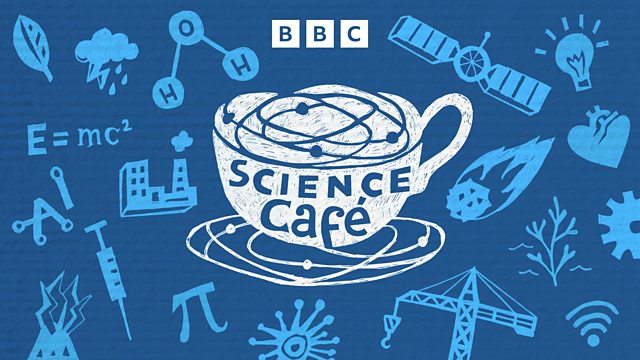
The Body Farm
Adam Walton meets Glyndwr University students training as forensic scientists and discovers how flies and pollen can provide important clues in solving a case.
This week, Science Café meets Line of Duty - or maybe CSI - as Adam Walton meets the Glyndwr University students training as forensic scientists. Adam discovers how flies and pollen can provide important clues in solving a case. He will also pay a visit to the University's 'Body Farm' where decomposing animal corpses can shed light on the discovery of a human body at a crime scene.
Last on
CSI Wrexham
In this week’s show we visit Glyndwr University’s taphonomic research facility – otherwise known as the Body Farm. It’s probably best to listen to this programme when you’re not eating!
The body farm allows the forensic science students at Glyndwr to study how animal remains decompose in different conditions – a valuable tool in solving murder investigations. Some body farms in the United States and Australia work with human remains but the students at Glyndwr use the carcasses of pigs and rats.
Course leader Amy Rattenbury explains how different conditions – for example burial or immersion in water - can leave distinctive clues on the body. Tattoos are now far more widespread and are a good way of identifying a cadaver so, in another experiment, one of the pig carcasses has been tattooed so that the students can observe the effect of decay on tattoos.
Elsewhere in the programme Adam explore’s other aspects of forensic science when he meets some of Amy Rattenbury’s students. Lizz Watt’s research project focuses on forensic entomology, specifically where on corpses flies lay their eggs; Debbie Ellis is researching how dogs can be used to detect bodies at crime scenes or in disaster areas; and Wendy Roberts is studying forensic palynology – the use of plant pollen as a forensic tool.
Broadcasts
- Tue 25 Apr 2017 18:30Â鶹ԼÅÄ Radio Wales
- Sun 30 Apr 2017 06:31Â鶹ԼÅÄ Radio Wales

